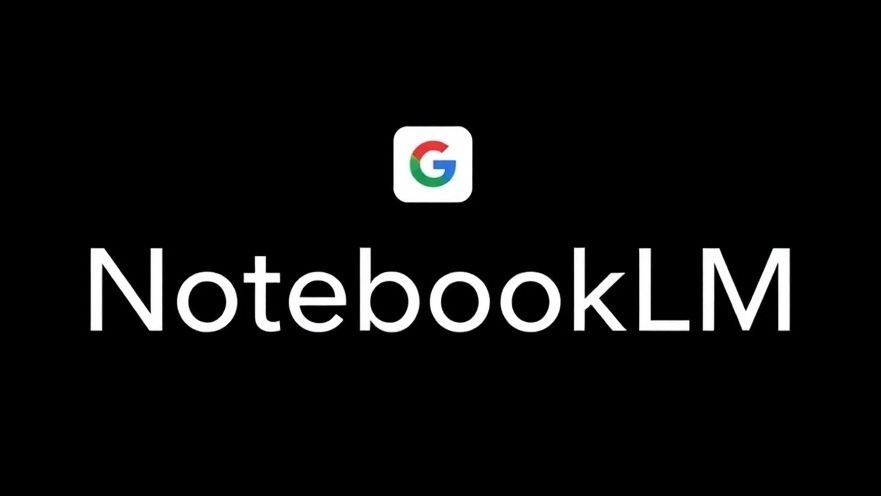
Transforming Legal Work with AI-Powered Document Training
The legal profession is undergoing a seismic shift as artificial intelligence begins to integrate seamlessly into everyday tasks. The recent focus on Google's Notebook LM—an innovative AI tool designed specifically for the demands of legal professionals—offers a glimpse into the future of legal documentation and case research. By allowing lawyers to train AI on their own internal documents, this tool not only streamlines processes but enhances the quality of outcomes for clients.
The Power of Customized AI Training
Notebook LM represents a revolutionary approach to knowledge management for attorneys. Its ability to integrate with existing documentation—from Google Docs to spreadsheets—enables law firms to create a specialized AI model tailored to their unique case histories and preferences. This flexibility means lawyers can access contextual answers based on their own materials, reducing reliance on generic research data.
Maximizing Efficiency Through Data Synthesis
Data synthesis stands out as one of the major advantages of leveraging Notebook LM. By gathering information from multiple sources such as case law, client documents, and court rulings, attorneys can unify their knowledge base. This expanded capacity not only saves time but also allows for deeper insights. Imagine being able to ask an AI, 'Which precedent best supports my argument?' and receiving a comprehensive response that takes into account the nuanced context of your specific legal situation.
This Technology Eliminates Research Inefficiencies
Lawyers are all too familiar with the hours of tedious reading that legal research can entail. With Notebook LM, the need for such extensive preliminary research could dramatically decrease. By instantly summarizing critical points from various legal documents—including contracts, memoranda, and depositions—the AI tool promises to save hours of time that can be redirected towards high-value tasks, further elevating a firm’s productivity.
Real-World Applications and Innovations
A standout feature of this technology is the ability to generate novel outputs. Lawyers can take existing content—such as podcast scripts, legal annotations, or historical case notes—and have the AI produce new, relevant documents or ideas. A lawyer who used this tool shared how they utilized past podcast notes to create a new session that synthesized their insights into an accessible format, demonstrating the practical utility of Notebook LM.
Staying Current with Document Evolution
Another major benefit is the ongoing updates feature. As your legal documents evolve—whether through new rulings, case updates, or additional client materials—the AI maintains a fresh knowledge base. This capability ensures that lawyers can always reference the most current and relevant materials, thereby enhancing accuracy and relevance in their legal practice.
The Future of Legal Practice with AI
The integration of AI like Notebook LM into the legal field is not just a trend; it's a necessity for firms that want to stay competitive. As technology continues to advance, those who embrace such innovations will likely lead the charge in providing better service to clients while optimizing their workflows. Legal professionals should consider how to introduce and leverage these tools in their practice, as their potential to innovate legal services is vast.
Conclusion: Embrace the AI Evolution in Your Practice
This discussion about training AI on your documents opens the door to a wealth of opportunities for lawyers eager to harness technology in their work. By capitalizing on AI's capabilities, lawyers can not only increase their efficiency but also enhance the quality of their legal output. As you explore the use of AI within your practice, consider turning to Notebook LM to train an AI on your documents and revolutionize your approach to legal work.
 Add Row
Add Row  Add
Add 

 Add Row
Add Row  Add Element
Add Element 




Write A Comment